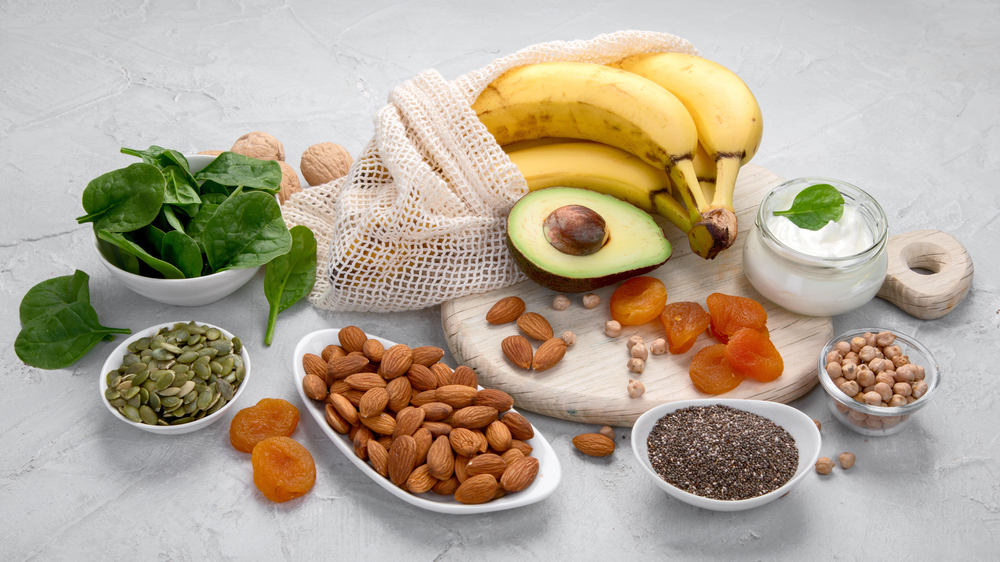Introduction:
In the realm of sports, achieving peak performance isn’t just about training hard; it’s also about fueling your body with the right nutrients to support your physical exertion and recovery. Regardless of whether you’re a professional athlete, weekend warrior, or fitness enthusiast, sports nutrition is pivotal for enhancing athletic performance. In this comprehensive guide, we’ll delve into the science of sports nutrition, exploring the key principles and strategies for fueling your body effectively to enhance endurance, strength, and overall performance.
Understanding Macronutrients:
At the core of sports nutrition are macronutrients: carbohydrates, proteins, and fats. Carbohydrates serve as the primary source of fuel for high-intensity exercise, supplying energy to working muscles during prolonged activities. Proteins are essential for muscle repair and growth, providing the building blocks (amino acids) necessary for tissue maintenance and recovery. Fats, while often overlooked, are important for providing sustained energy and supporting various physiological functions. Balancing these macronutrients in your diet is crucial for optimizing performance and promoting recovery.

The Role of Hydration:
Another crucial element of sports nutrition is hydration, as even slight dehydration can hinder athletic performance and elevate the likelihood of heat-related ailments. Proper hydration supports thermoregulation, nutrient transport, and muscle function, making it essential for athletes across all sports and disciplines. Athletes should aim to maintain fluid balance by drinking water regularly throughout the day and replenishing electrolytes lost through sweat during exercise. Additionally, monitoring urine color and body weight can serve as practical indicators of hydration status.
Pre-Workout Nutrition:
The meals and snacks consumed before exercise play a significant role in preparing the body for optimal performance. Pre-workout nutrition should focus on providing a balance of carbohydrates and proteins to fuel workouts and support muscle repair. Consuming a meal rich in complex carbohydrates and lean proteins 2-3 hours before exercise can help top up glycogen stores and provide sustained energy during prolonged activities. For shorter, high-intensity workouts, a smaller snack containing easily digestible carbohydrates and a source of protein may be more appropriate.
During-Workout Fueling:
During prolonged exercise sessions lasting more than 60-90 minutes, it’s essential to replenish glycogen stores and maintain blood sugar levels to sustain performance. Consuming carbohydrate-rich snacks or sports drinks containing electrolytes can help delay fatigue and improve endurance. The goal is to provide a steady source of energy to working muscles without causing gastrointestinal distress. Experimenting with different forms of fueling (e.g., gels, chews, liquids) and timing strategies can help athletes find what works best for their individual needs.
Post-Workout Recovery:
Post-workout nutrition is crucial for replenishing glycogen stores, repairing muscle damage, and promoting recovery. Consuming a combination of carbohydrates and proteins within the first 30-60 minutes after exercise can enhance muscle glycogen resynthesis and facilitate muscle repair and growth. Including sources of antioxidants and anti-inflammatory nutrients (e.g., fruits, vegetables, omega-3 fatty acids) can also help mitigate exercise-induced oxidative stress and inflammation, speeding up the recovery process.
Supplementation and Ergogenic Aids:
While proper nutrition should always be the foundation of an athlete’s fueling strategy, supplements and ergogenic aids may offer additional benefits in certain situations. Creatine monohydrate, for example, has been shown to improve strength, power, and muscle mass in athletes engaged in high-intensity, short-duration activities. Caffeine is another commonly used ergogenic aid that can enhance endurance, focus, and alertness during exercise. However, it’s essential to approach supplementation with caution and seek guidance from a qualified sports nutrition professional to ensure safety and efficacy.

Individualized Approach and Periodization:
It’s important to recognize that sports nutrition is not a one-size-fits-all approach. Athletes have unique energy requirements, preferences, and goals that should be taken into account when developing a fueling plan. Additionally, nutritional needs may vary depending on factors such as training volume, intensity, duration, and environmental conditions. Periodization, or adjusting nutrition strategies based on training cycles and competition schedules, can further optimize performance and support long-term athletic development.
Conclusion:
The science of sports nutrition offers valuable insights into the role of diet in optimizing athletic performance and supporting overall health and well-being. By understanding the principles of macronutrients, hydration, timing, and supplementation, athletes can develop personalized fueling strategies to enhance endurance, strength, and recovery. Whether you’re a professional athlete striving for podium finishes or a recreational enthusiast aiming to improve fitness levels, prioritizing proper nutrition can unlock your full potential and propel you towards your athletic goals.

